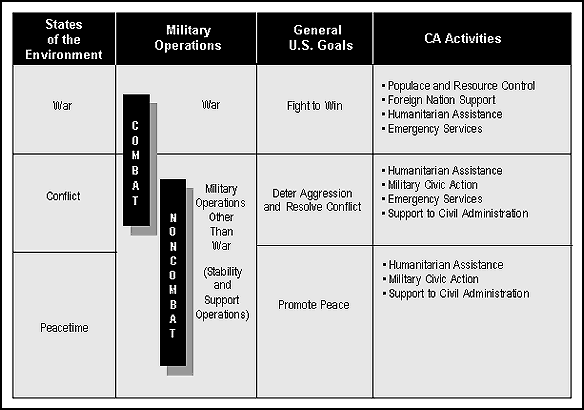
Originally Posted by
SWCAdmin

One characteristic of many small wars is that they are asymmetric: one actor possesses considerably more “hard” or military power than the other. Yet many ostensibly weaker powers seem able to negate this advantage through the use of information. Manipulation of existing news outlets (e.g., newspapers and magazines), and creation of new media outlets (e.g., blogs and websites), may permit weaker actors to achieve end states otherwise unattainable. Under what conditions are such information operations most likely to succeed (e.g, during more traditional military operations, such as the November 2004 assault on Fallujah, or during less traditional military operations, such as the pacification of Anbar)? What are the most efficient ways for weaker actors to use information operations to negate their opponents’ military advantages? Conversely, what are the most efficient ways for stronger actors to deny weaker actors such capabilities (e.g., embedding, foreign-language websites, etc.))? Which branch or branches of the US Government are best able to conduct such operations, and in what ways?






















 "A Sherman can give you a very nice... edge."- Oddball,
"A Sherman can give you a very nice... edge."- Oddball, 


Bookmarks